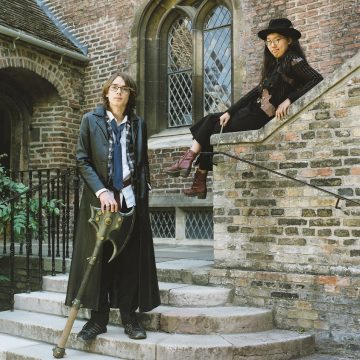The art of acceptance
Keep calm and carry on: the Aurelius Society is bringing Stoicism and resilience to Cambridge.
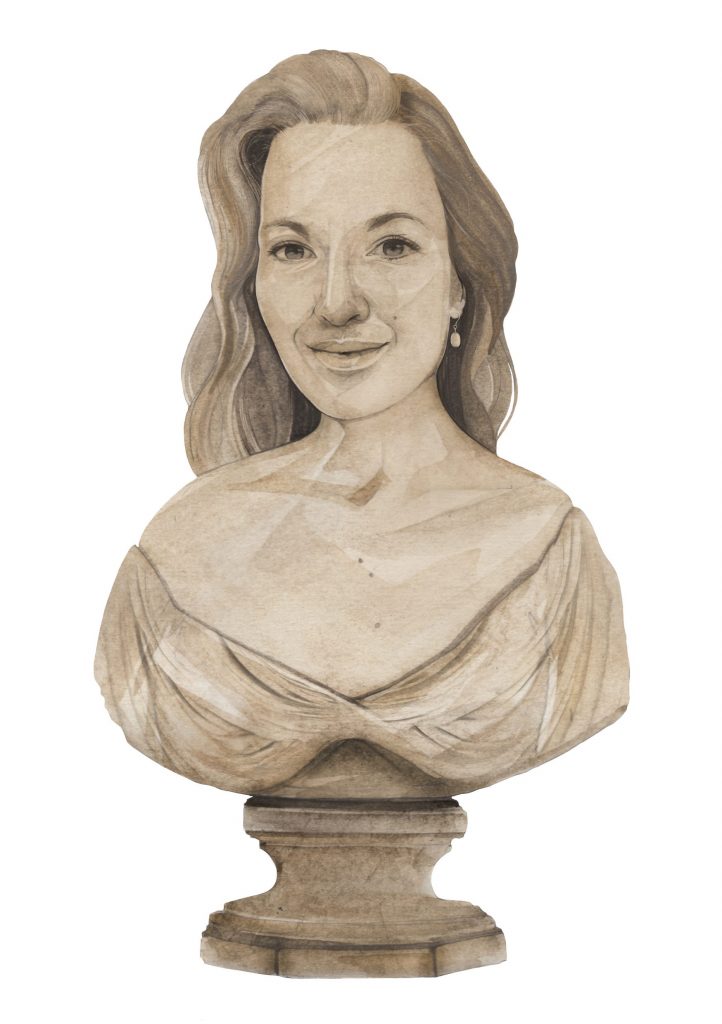
A small group of students sit on the grass tackling the big philosophical subjects, when suddenly a throng of noisy cyclists descends on them. The students quickly realise they have gathered at the very spot where a cycle race ends. What’s more, the event is accompanied by blaring music.
“It was super loud,” says Julia Acker (St John’s, Second Year), a Biochemistry PhD candidate. “And there we were trying to have a really profound discussion about Stoicism.” Did they complain about the noise? Did they move? “Not at all. We laughed and carried on talking over it. Through Stoicism we learn to accept what is happening around us and make the most of our own personal strengths.”
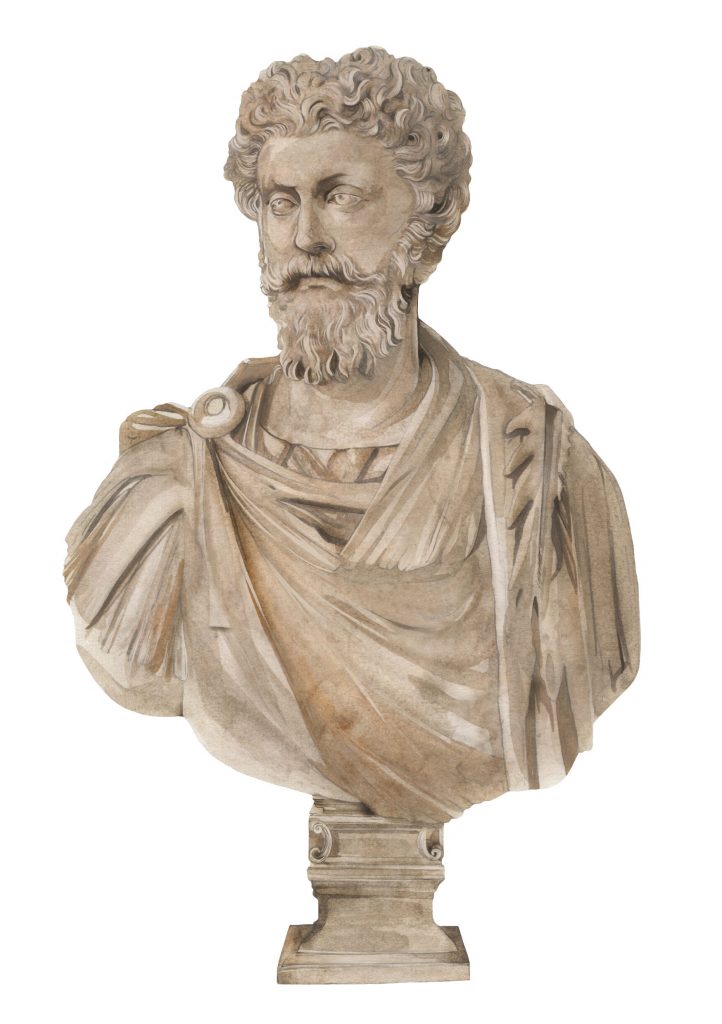
Welcome to the Aurelius Society, which Acker discovered at the Freshers’ Fair last year. “I was very surprised to see a university society centred on Stoic philosophy – it is something I had already thought about before coming to Cambridge, but I didn’t think it would be a common interest among students!”
The Society itself was new, started by Dhruv Makwana (Trinity, Third Year), a member of the global Aurelius Foundation. Named after the Roman Emperor Marcus Aurelius, who sought to apply the principle of the ancient Greek and Roman philosophy of Stoicism to his own life, the Foundation urges its members to “take an enriching journey of education, awareness and enlightenment to see the Stoics in action”.
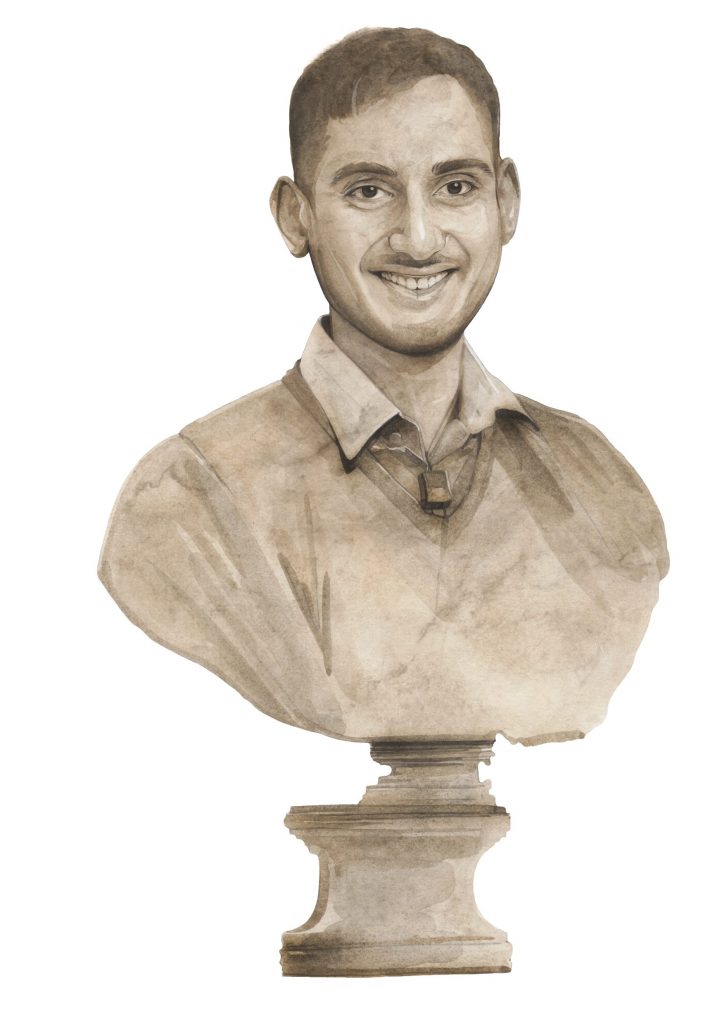
The Aurelius Society has rapidly found a niche in Cambridge, attracting likeminded people, as Acker explains. “There is a lot of misconception and cliché around Stoicisim, but the first turnout after the Freshers’ Fair was amazing, and many still attend regularly. We meet in small discussion groups of seven to ten people – a good number for privacy and confidence. We cover huge topics, such as identifying those things in life we can control and those we can’t, the importance of sharing, and charity. The conversations can become very in-depth – it’s definitely not small talk!”
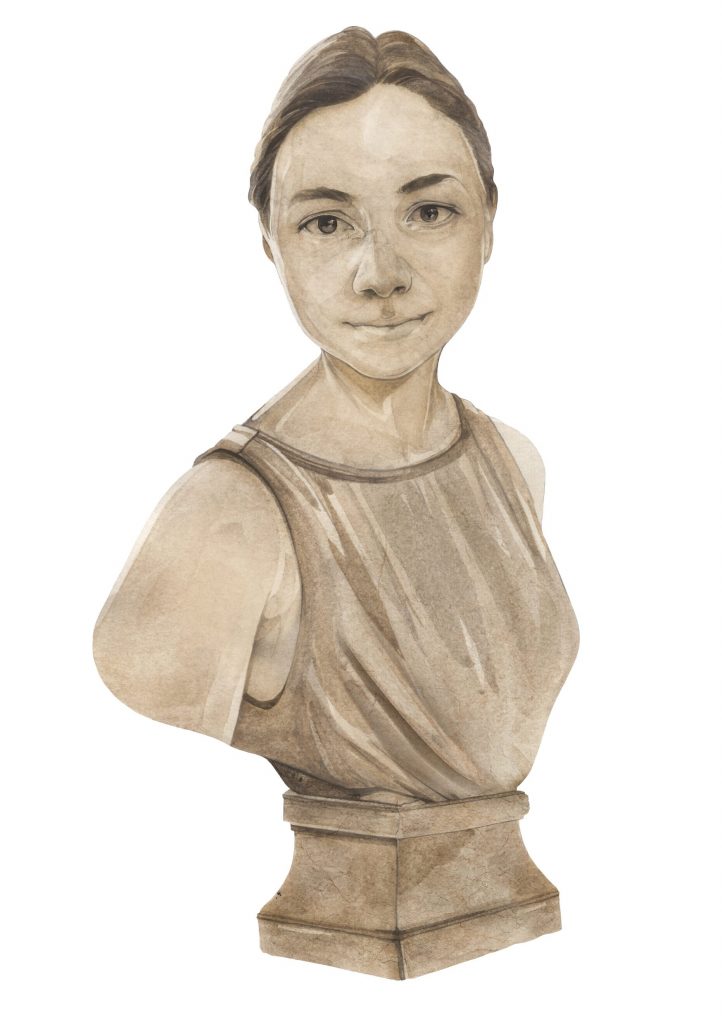
In addition, the society also hosts social and speaker events. The focus in all gatherings is on understanding the principles of Stoicism and how they apply to modern life. Acker sees it as another way to train her mind.
“Working in a high-pressure, competitive environment, your mind is always whirring. You need to train it to become more resilient, more focused on what is important to you in life. Stoicism is so applicable to everyday tasks – and to research. If an experiment fails, you don’t need to take it personally. You think about it logically and move on to the next step.”
Top to bottom: Julia Acker, St John’s, PhD Biochemistry; Marcus Aurelius, 121–180AD, Roman emperor and Stoic philosopher; Dhruv Makwana, Trinity, PhD Computer Science; Yana Vetrova, St John’s, Second Year Human, Social and Political Sciences.



